Staff Guest Post: Building Effective Partnerships – Getting The Basics Right From The Start10/27/2017  This year we started our new Partnership with SJUSD at Washington Elementary School. About 75% of the students at Washington are English Language Learners and over 90% of the students qualify for Free and Reduced Lunch. Like many of our other partner schools, Washington was chosen as a site due to high prevalence of trauma in the community and the students struggling with social/emotional/behavioral needs that impacted their academic achievement. While there was willingness and commitment on both sides, the following were key steps that resulted in an effective partnership from the get go: Plan together from the Start: Once we knew SJUSD had selected Washington as the school site for us to partner with, at the outset we scheduled a lot of initial meetings with the Principal and the Leadership team for joint planning, visioning and problem solving. These initial meetings were critical to do a needs assessment and gather information about the areas of need for the school. Clarifying the vision: The most effective partnerships develop and own a shared sense of purpose. Once we had completed the initial needs assessments, we were able to develop a clear vision: “to create a safe, supportive and inclusive learning environment for all students at Washington. Having a clearly defined vision helped us plan ahead, the different activities that would be conducted as part of the partnership and focus on the role of the UE coach on campus. Taking time to get to know one another: We all know the value of building a strong relationship in our work with clients and partners. Before school started we spent a lot of time on campus with leadership and school staff, which gave us an opportunity to learn about their core competencies and on the ground challenges. Shared Decision Making: Throughout the initial phase of the partnership – from design and planning to daily operation there was a lot of time spent on having open dialogue with the school leadership team about their current challenges and the best way the partnership could address them. There was also a lot of flexibility and ongoing communication between Seneca and the Principal to adapt the plan along the way as needed. Prepare Team Members to Work Together: Even before school started there were lots of opportunities for the UE coach to attend training and joint orientation with the school staff, to increase collaboration and information sharing. This also allowed for the coach to gain insight into academic focus areas for the school and ways to integrate the UE work into existing available structures. Strategic Planning and Roll Out: Taking into account the unique culture at Washington and to increase buy-in for the partnership we were very strategic about how the program and the different activities would be introduced to the staff. We first met with the Cabinet, then moving to the leadership team (which was a representative of all the Teaching staff), and finally presenting to the Classified staff. A Strong, Dynamic Leader: The partnership activities from the initial stages were effective as the Principal has a high level of organization, is very enthusiastic, has a hands-on spirit and great follow through. Blog post written by: Puja Satwani, Unconditional Education Coach 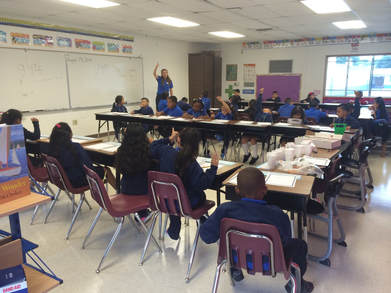 In our Unconditional Education partnerships, we are always seeking to find more effective solutions to pervasive challenges in our schools. At the place where the fields of education and mental health meet, overlap, and intertwine, how can we build programs so the best practices of each field inform the other? How can we strengthen school communities? Most importantly, how can we achieve better outcomes for all students, especially the students who are struggling the most? The Collaborative Model developed by our All-In! Partnership Project is an inclusive solution for the highest-need students. These are the students who are struggling intensely and daily in being safe, respectful, and responsible. These are the students that teachers talk about saying, “It’s impossible for me to teach my class when this kid is in the room.” These are the students who most push us and challenge us, as individual providers and as school systems. As individuals - as teachers, as therapists, as administrators - these students can and do push our buttons. Through the challenging behaviors they bring, they can invite us to feel a lot of negative things: frustrated, hopeless, overwhelmed, often ineffective or not good at our jobs. Relatedly, these students push and challenge the educational settings and systems they’re in and too often these systems push these kids out of their schools and place them in more restrictive special education placements like special day classes (SDC), counseling enriched classes (CEC), or non-public schools (NPS). Our mission in our Unconditional Education partnerships is to embrace and face the challenge that these kids bring and give them the services and supports they need to successfully participate and learn in their community schools. These young people and their families deserve that and it’s our job to provide it. In the 2017-18 school year, we’ve expanded our partnership at Caliber Beta Academy in Richmond to include the Collaborative Model. We currently have four transdisciplinary teams of professionals built around the four students our Beta elementary school Collab program, coordinating their services and supporting their skills in the academic, behavioral, and social-emotional strands. The Seneca team at Caliber Beta includes our two Clinical Intervention Specialists, Alys Larson and Jennifer Harry, both returning for their second year at Beta. Alys and Jenny provide a number of important services at Caliber Beta such as individual, group, and family therapy supports, classroom behavioral support, and teacher consultation. This school year Behavior Support Specialist Jeff Pitts joined the Seneca/Beta partnership to oversee the Collab program and utilize his leadership and expertise to enhance overall school culture and climate, and to provide coaching and professional development to many Caliber Beta staff. Terrence Adams had been a part of the Caliber Beta team last school year and switched his role over the summer, joining Seneca and entering this year in the role of Student Support Assistant. Jason Keppe (Director of School Partnerships), Robyn Ganeles (Assistant Director of Clinical Services), and Lulu Gonzalez (Program Assistant) provide additional Seneca support and oversight for our Seneca/Caliber Beta program, where we are proud to partner with the school in supporting Caliber’s mission, that: All children deserve a rigorous education, regardless of their zip code  Blog post written by: Jason Keppe, Director of School Partnerships "When conflicting parties can recognize each other's needs, views, and fears, and consider solutions, which reassure the other that their most precious interests will be respected, a new dynamic for unsticking their conflictual relationship can replace the traditional dynamics of threat, deterrence, and force." (Kegan, 1994) In her recently published dissertation, our very own, Dr. Tamarah Tilos, sheds light on key leadership behaviors that can be utilized to transform conflict and create a new dynamic of finding common ground in the mental health field.
Her research is very relevant to the work we do with partners on the ground everyday and explains what leaders can do to achieve breakthrough results that will ultimately serve to improve outcomes for the children and families we serve. For the complete abstract and to access her published work, go to: http://digitalcommons.brandman.edu/edd_dissertations/124/ Respect is the Seneca value that we are highlighting in this month’s Unconditional Education Blog. John Sprinson, Seneca’s Clinical Director and author of the book Unconditional Care, defines respect as the following: to heed, pay attention to; to observe carefully; to treat with consideration, to refrain from injuring or interfering with. In revisiting this definition, I reflected on my own definition and experience of respect as it relates to my work with Seneca staff and school partners. I feel respected when my efforts and perspectives are valued and I show respect by demonstrating that I value the efforts and perspective of others. I asked my colleagues how they define respect and how they bring respect to their work – here are their responses:
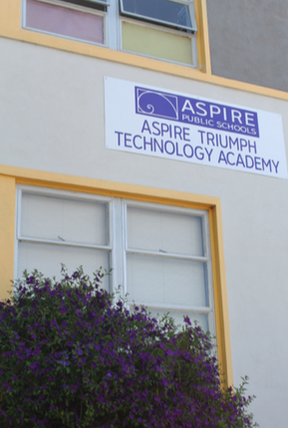 All-In’s partnership has taken many forms over the years. In the first year, we provided behavioral support and, soon after, added a Clinical Intervention Specialist to help school staff, students, and families explore what makes a safe and supportive environment and how best to implement school-wide practices that promote engagement. Triumph added an Unconditional Education Coach in another iteration of our Seneca support team. They have since recognized the value of the UE coach and Student Support Assistant roles and have dedicated themselves to increasing their own capacity by bringing these positions in-house. Currently, All-In has two Clinical Intervention Specialists, Danielle Saporta and Aaron Burney, who collaborate closely with the school’s principal, two assistant principals, and Behavior Intervention Dean to develop and implement social-emotional programming and trauma-informed supports. Jason Keppe, Director of School Partnership, and Robyn Ganeles, Assistant Director of Clinical Intervention Services, are also closely involved in supporting the school, rounding out the All-In/Triumph team. The team operates using Multi-Tiered Systems of Support intended to provide students with the least restrictive intervention needed to address their social-emotional needs. The team has also collaborated closely with the Special Education staff to develop their Level 3 program, an intensive clinical program for students that require specific clinical support in order to maintain their general education placement. For an introduction to the All-In Triumph staff, please see the blog post “Partnership In Action: R-e-s-p-e-c-t, Find Out What it Means to Me!”
What does your average day look like? From 8:30am to about 5pm my day consists of check-ins, individual sessions with clients, and collateral work with school staff and families.
Why do you do this work? Honestly, this work is something which fits my personality the most. I was told I would be a great role model to kids, but it’s hard to make a living in ‘role modeling’. I had great role models in my life and so I wanted to be a role model for someone else. What hope do you have for the future of All-In? I hope All- In continues to do great work with its families and school partners.  It's almost amazing that school has only been in session between one and a half to two months. It is in full swing and summer is beginning to feel like a distant memory. This past month, our program focused on Seneca's value of LOVE and COMPASSION. How can love and compassion further The Work? How can love and compassion aide in addressing the most challenging, taxing, draining, frustrating situations? Starting with love and compassion helps me keep humanity at the core of the path forward. It helps me remember to reflect upon and identify the internal working model of the student, parent, teacher, principal, school, system, etc. It leads me to ask myself, how do I respond from a place of love and compassion? How do I dis-confirm the internal working model? How to Find Love and Compassion in Your Most Difficult Moments is an article written by Elana Miller, MD- a psychiatry resident and founder of Zen Psychiatry. In this article, Alana offers 5 practical techniques for cultivating love and compassion during particularly challenging situations. The Mattering Movement that All-In has joined this year (that you'll continue to hear more and more about) offers concrete and tangible ways to weave love and compassion into the lives of those with whom we work. This talk was given at a local TEDx event, produced independently of the TED Conferences. Dr. Barbara Young, acclaimed educator, entrepreneur, radio talk show host, and motivational speaker on leadership and empowerment for women shares her personal story and the three key principles of love, empowerment, and significance that contributed to her success and sent her on a journey to establish a "community of mattering." Can your personal story be unleashed in a way that will propel your own fulfilling and impactful journey? Find out in this powerful and inspirational talk. I hope you have a school year full of LOVE, COMPASSION and MATTERING! 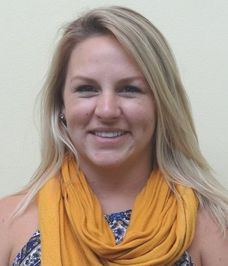 Name: Tiffany Sancimino Position: Learning Specialist & Case Manager at New School of San Francisco What led you to your current position?: A whole lot of changes! I have worked at several different sites since starting Seneca in 2010 including James Baldwin Academy, MAC SELPA, Building Blocks, Cox Academy, and now I'm at my third San Francisco school site. I've grown from a mental health counselor and teacher's aide at JBA, to a co-teacher in MAC SELPA, to becoming the lead teacher in the Kinder/1st Class at Building Blocks. During these first few years, I simultaneously earned my Education Specialist Credential. Upon deciding I was ready for a change after 3+ years at Building Blocks, I joined All-In! and became a Case Manager and Academic Intervention Specialist. Fun Fact/Quote?: Fun Fact: I love celebrating what may seem like insignificant food holidays like National Taco Day, National Ice Cream Day, and National Coffee Day! Quote: "The only person you should try to be better than is the person you were yesterday." What does your average day look like?: No two days look alike for me! On average though, I'm typically hopping from class to class to deliver academic support to individual and groups of students, while tackling my to-do list in between. When I'm not working directly with students, I am collaborating with teachers, trying to stay on top of emails, and supporting classrooms where I can. Why do you do this work? I know it sounds a little corny but I deeply care about the kids. I care about their academic achievement but I genuinely care about their personal investment in their own education. The best part of my day is when I see a student who is proud of themselves and has fun when they're learning. What hope do you have for the future of All-In? I hope that All-In continues to provide supports in both public and charter schools, and counseling enriched environments. I hope that All-In continues to focus on building sustainable supports and programs in environments where we already exist as opposed to spreading out to new schools to provide watered-down care. |
Authors:School Program Partnerships We're Hiring!Interested in joining our School Program Partnerships' Team? Check out our open positions below!
Categories:
All
Archives
May 2024
|
||||||||||

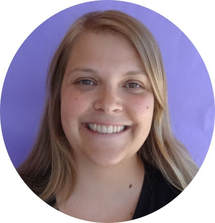

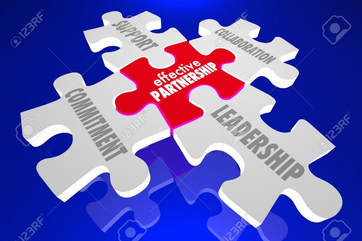

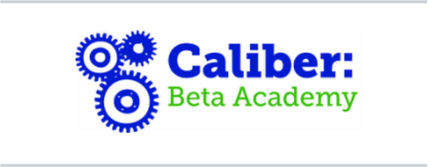

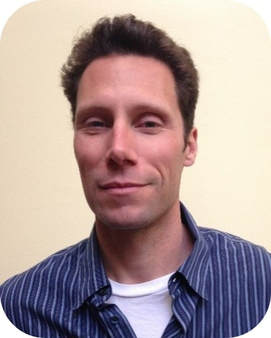

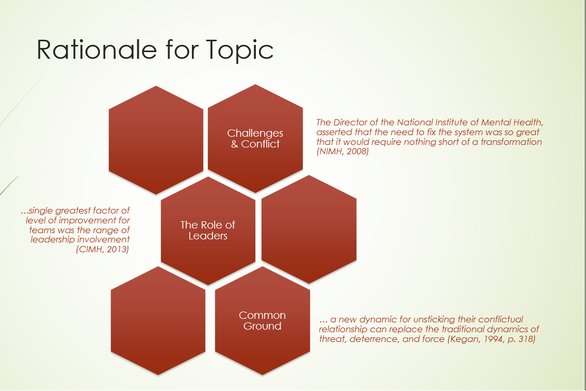


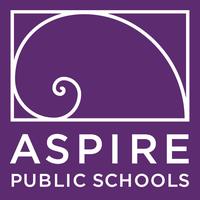

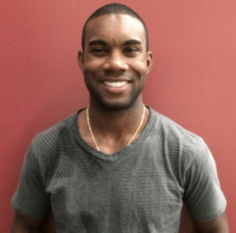

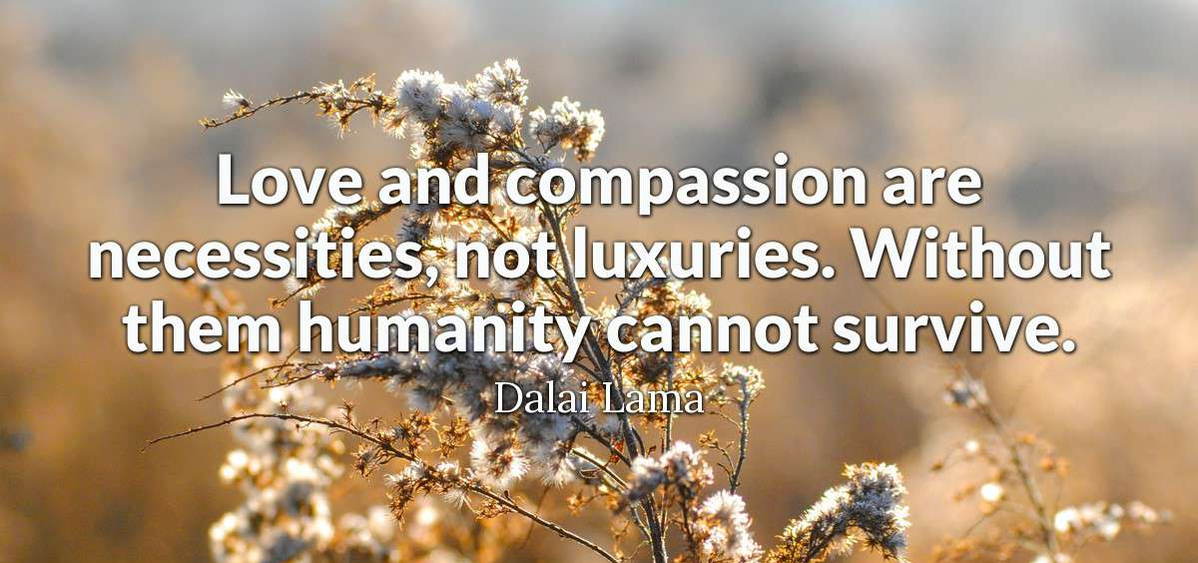
 RSS Feed
RSS Feed